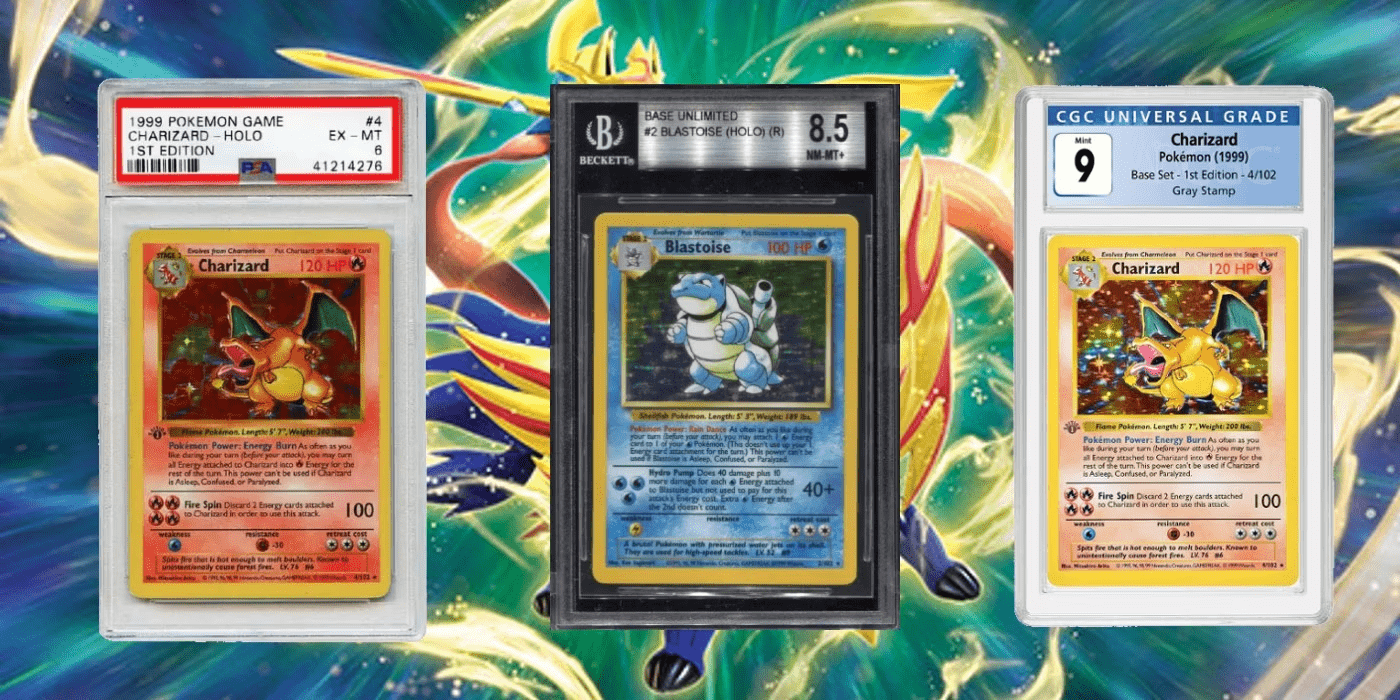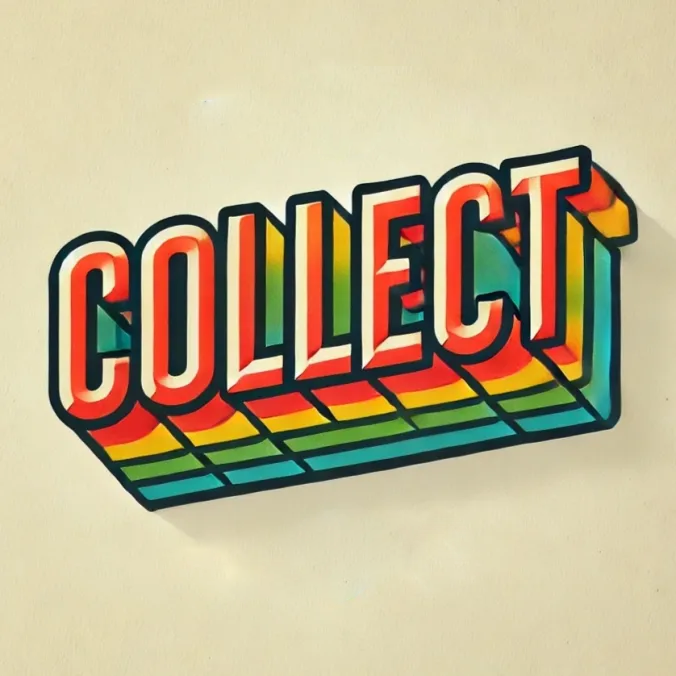Buying and selling sports cards online can be an exciting and profitable venture. With the advent of digital marketplaces, collectors and dealers have access to a wide array of cards from around the globe.
However, the online environment also brings unique challenges and risks.
This detailed guide will provide you with best practices to ensure a smooth and successful online card trading experience.
Introduction
The internet has revolutionized the sports card market, making it easier than ever to buy and sell cards. However, navigating this digital marketplace requires knowledge and caution to avoid pitfalls. Whether you’re a seasoned collector or a newcomer, understanding best practices for online transactions is essential.
Buying Cards Online
When buying cards online, the first step is thorough research and verification. Know what you’re looking for before making any purchases. Having a clear idea of the cards you want, including their market value, rarity, and recent sales trends, can save you from making hasty decisions.
Always verify the seller’s credibility. Purchase only from reputable sellers with positive feedback. Check their ratings and read reviews from previous buyers. This step is crucial in ensuring that you are dealing with a trustworthy source.
Several platforms can be used to buy cards, with eBay being the most popular. It offers a vast selection and allows you to filter searches to find reputable listings. Facebook groups are another excellent resource, where members buy, sell, and trade cards. However, always use PayPal Goods and Services for transactions to ensure buyer protection. Dedicated online marketplaces like COMC, StockX, and Beckett Marketplace offer a level of security and assurance, making them reliable options.
Ensuring the authenticity and condition of the cards you’re buying is vital. Request high-quality images from multiple angles to inspect the card’s condition closely. Pay special attention to the corners, edges, and surface. Prefer cards graded by reputable organizations like PSA, BGS, or SGC, as verified grades provide confidence in the card’s authenticity and condition. Don’t hesitate to ask the seller about the card’s history and any potential flaws that may not be visible in photos.
When it comes to pricing and offers, compare prices by looking at completed sales on eBay and other platforms to gauge the card’s current market value. If the platform allows, negotiate with the seller. Reasonable offers are often considered, especially if the card has been listed for a while.
For payment methods, always use secure options that offer buyer protection, such as PayPal Goods and Services. Avoid direct bank transfers, as these offer no recourse if the transaction goes wrong.
Shipping and handling are also crucial aspects. Ensure that your purchase is shipped with tracking information and adequate insurance, especially for high-value cards. Confirm that the card is properly packaged in protective sleeves, top loaders, or one-touch cases to prevent damage during transit.
Selling Cards Online
When selling cards online, preparation is key. Ensure your cards are clean and free from dust or fingerprints. Store them in protective sleeves and top loaders to maintain their condition. If the cards are not professionally graded, honestly assess their condition. Misrepresenting a card’s condition can lead to disputes and negative feedback.
Listing your cards requires high-quality photos and detailed descriptions. Take clear, high-resolution photos from all angles and highlight any imperfections. Write comprehensive descriptions that include the card’s condition, any notable features, and its history. Set realistic prices based on recent sales data from reliable sources like eBay completed listings, considering the condition, rarity, and demand for the card.
Choosing the right platform to sell your cards is equally important. eBay offers a vast audience and strong buyer protection, but be mindful of listing and final value fees. Facebook groups are great for connecting with dedicated collectors, but ensure you adhere to group rules and use secure payment methods. Online marketplaces like COMC and Beckett Marketplace provide a secure environment for transactions but often charge fees for listing and sales.
Managing transactions effectively involves prompt communication. Respond quickly to inquiries and offer clear, polite communication. Only accept payments through secure methods that protect both buyer and seller. When using PayPal, invoice buyers to ensure the transaction is documented and protected.
Shipping and handling should be done with care. Pack the cards securely using bubble mailers, cardboard inserts, and other packing materials to protect the card during shipping. Provide tracking and consider insurance for high-value cards. Inform the buyer once the item has been shipped and provide tracking details. Timely shipping is essential to ensure buyer satisfaction.
Avoiding Scams and Fraud
Avoiding scams and fraud is crucial in online transactions. Be wary of deals that seem too good to be true, as they often are. Always review the seller’s or buyer’s feedback history and avoid users with multiple negative reviews or unresolved disputes. Stick to well-known and trusted platforms that offer buyer and seller protection.
Building Relationships
Building relationships within the collecting community can offer numerous benefits. Join online communities and engage with other collectors. These connections can provide support, advice, and potential trading opportunities. Providing excellent service to your buyers can lead to repeat business and positive feedback, enhancing your reputation as a trustworthy seller.
Research and Verification
- Know What You’re Looking For: Before making any purchases, have a clear idea of the cards you want. Research their market value, rarity, and recent sales trends.
- Verify Seller Credibility: Only buy from reputable sellers with positive feedback. Check their ratings and read reviews from previous buyers.
Platforms for Buying
- eBay: The most popular platform for buying and selling cards. Use filters to narrow down searches and ensure you’re looking at reputable listings.
- Facebook Groups: Join collector groups where members buy, sell, and trade cards. Always use PayPal Goods and Services for transactions to ensure buyer protection.
- Online Marketplaces: Sites like COMC, StockX, and Beckett Marketplace are dedicated to sports cards and offer a level of security and assurance.
Authenticity and Condition
- Request High-Quality Images: Ask for multiple photos of the card, including close-ups and different angles. Pay attention to the corners, edges, and surface.
- Check for Certification: Prefer cards that have been graded by reputable organizations like PSA, BGS, or SGC. Verified grades provide confidence in the card’s authenticity and condition.
- Ask Questions: Don’t hesitate to ask the seller about the card’s history, condition, and any potential flaws that may not be visible in photos.
Pricing and Offers
- Compare Prices: Look at completed sales on eBay and other platforms to gauge the card’s current market value.
- Make Offers: If the platform allows, negotiate with the seller. Reasonable offers are often considered, especially if the card has been listed for a while.
Payment Methods
- Use Secure Payment Options: Always use payment methods that offer buyer protection, such as PayPal Goods and Services.
- Avoid Direct Bank Transfers: These offer no recourse if the transaction goes wrong.
Shipping and Handling
- Request Tracking and Insurance: Ensure that your purchase is shipped with tracking information and adequate insurance, especially for high-value cards.
- Confirm Proper Packaging: Cards should be shipped in protective sleeves, top loaders, or one-touch cases, and packaged securely to prevent damage.
Selling Cards Online
Preparation
- Clean and Protect Cards: Ensure your cards are clean and free from dust or fingerprints. Store them in protective sleeves and top loaders.
- Accurate Grading: If not professionally graded, honestly assess the card’s condition. Misrepresenting a card’s condition can lead to disputes and negative feedback.
Listing Your Cards
- High-Quality Photos: Take clear, high-resolution photos of your cards. Capture all angles and highlight any imperfections.
- Detailed Descriptions: Write comprehensive descriptions that include the card’s condition, any notable features, and its history.
- Set Realistic Prices: Base your pricing on recent sales data from reliable sources like eBay completed listings. Consider the condition, rarity, and demand for the card.
Choosing Platforms to Sell
- eBay: Offers a vast audience and strong buyer protection. Be mindful of listing fees and final value fees.
- Facebook Groups: Great for connecting with dedicated collectors. Ensure you adhere to group rules and use secure payment methods.
- Online Marketplaces: Sites like COMC and Beckett Marketplace provide a secure environment for transactions but often charge fees for listing and sales.
Managing Transactions
- Prompt Communication: Respond quickly to inquiries and offer clear, polite communication.
- Secure Payment Options: Only accept payments through secure methods that protect both buyer and seller. PayPal Goods and Services is preferred.
- Invoice Buyers: When using PayPal, invoice buyers to ensure the transaction is documented and protected.
Shipping and Handling
- Pack Securely: Use bubble mailers, cardboard inserts, and other packing materials to protect the card during shipping.
- Provide Tracking and Insurance: Ship with tracking and consider insurance for high-value cards. Inform the buyer once the item has been shipped and provide tracking details.
- Timely Shipping: Ship the card as soon as possible after payment is received to ensure buyer satisfaction.
Avoiding Scams and Fraud
- Be Wary of Deals Too Good to Be True: Extremely low prices for high-value cards are often red flags.
- Check Feedback and Reviews: Always review the seller’s or buyer’s feedback history. Avoid users with multiple negative reviews or unresolved disputes.
- Use Reputable Platforms: Stick to well-known and trusted platforms that offer buyer and seller protection.
Building Relationships
- Join Collecting Communities: Engaging with online communities can offer support, advice, and potential trading opportunities.
- Provide Excellent Service: Positive experiences lead to repeat buyers and good feedback, enhancing your reputation as a trustworthy seller.
Navigating the online marketplace for sports cards requires diligence, research, and attention to detail. By following these best practices, you can minimize risks and maximize your success in buying and selling cards.
Whether you’re looking to expand your collection or sell some of your prized possessions, understanding these guidelines will help you achieve your goals safely and efficiently.
Happy collecting!




